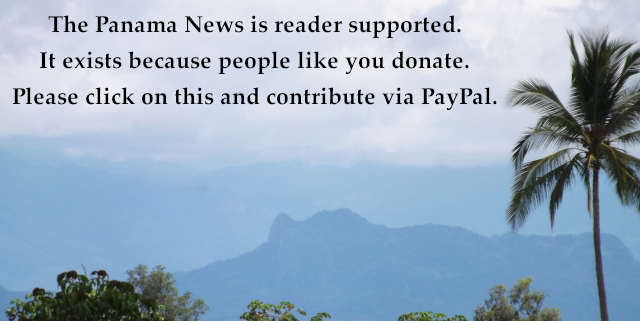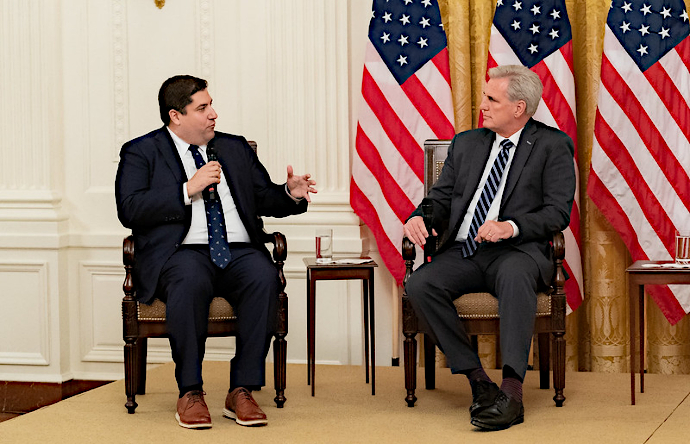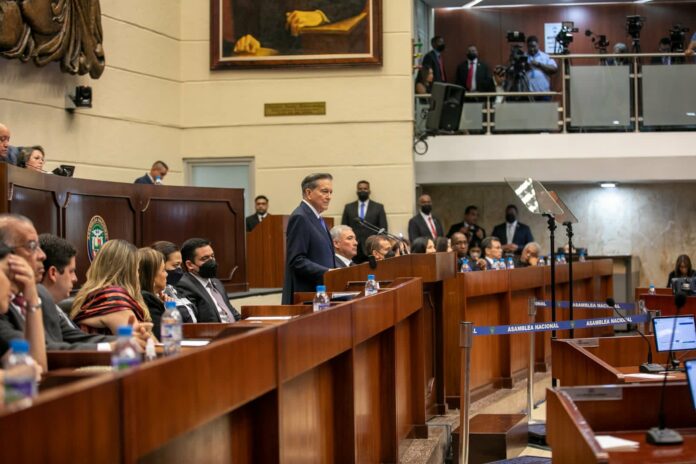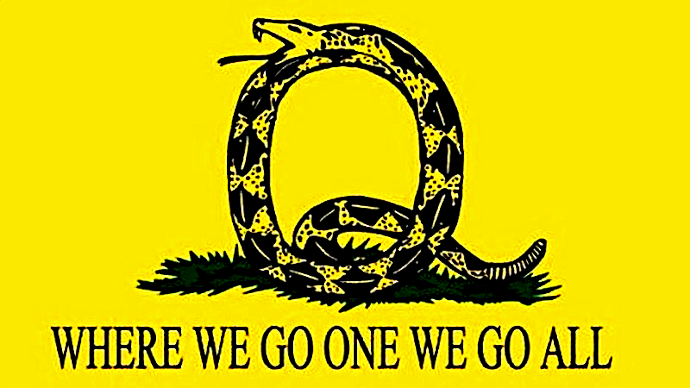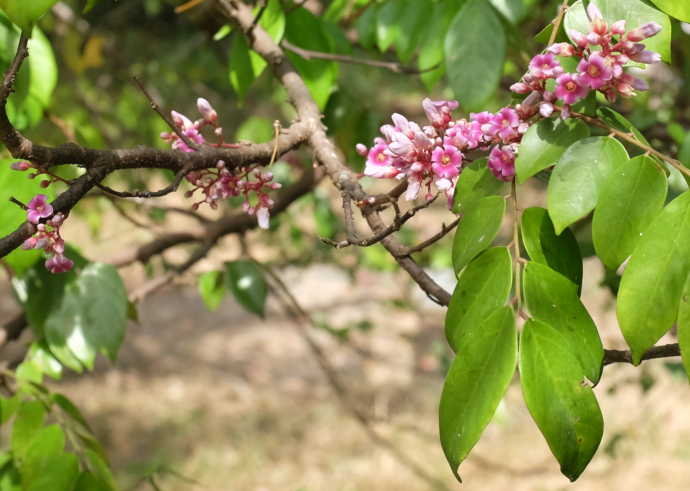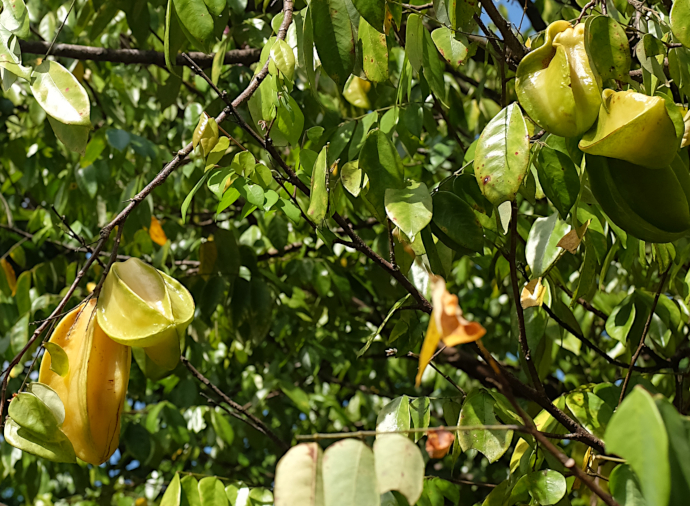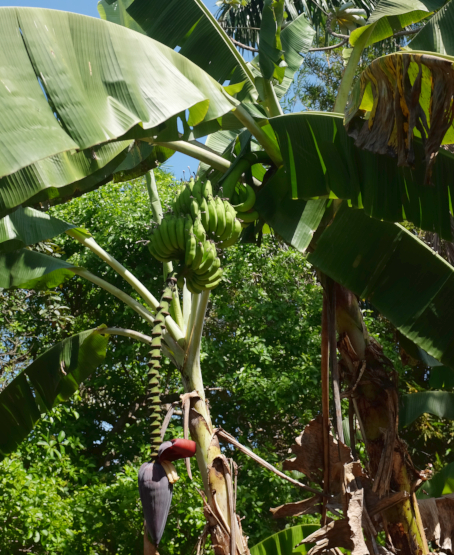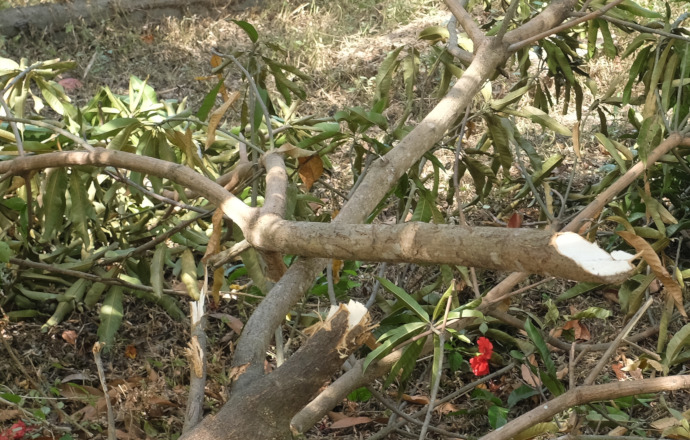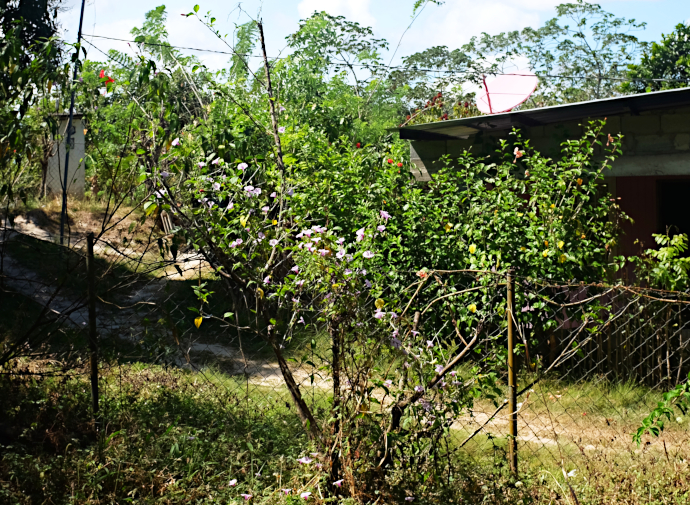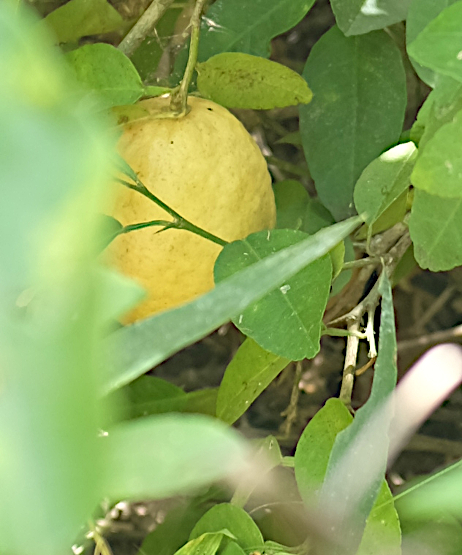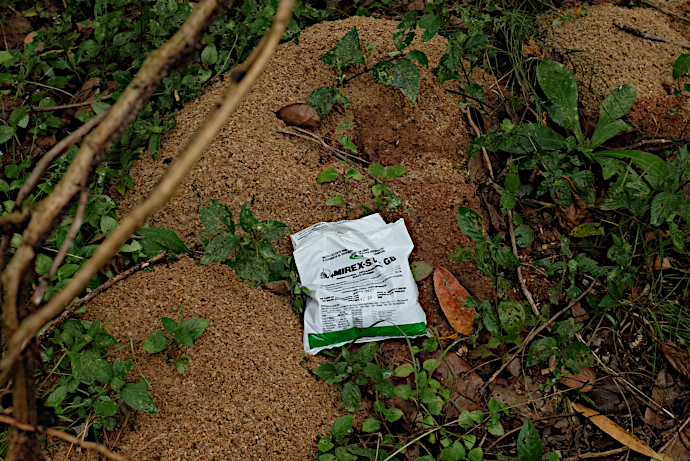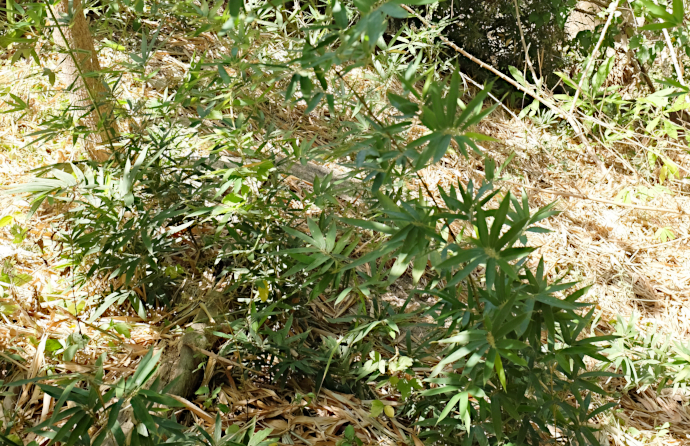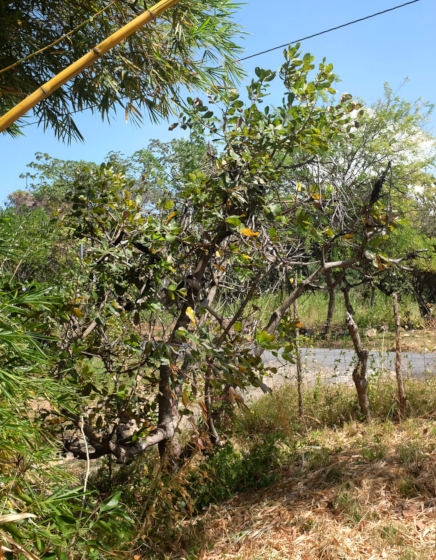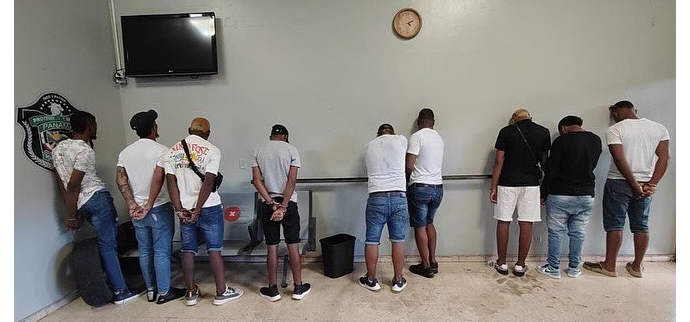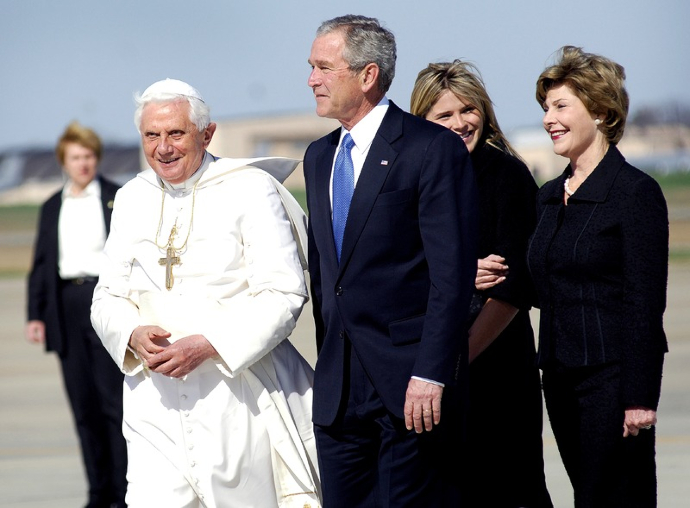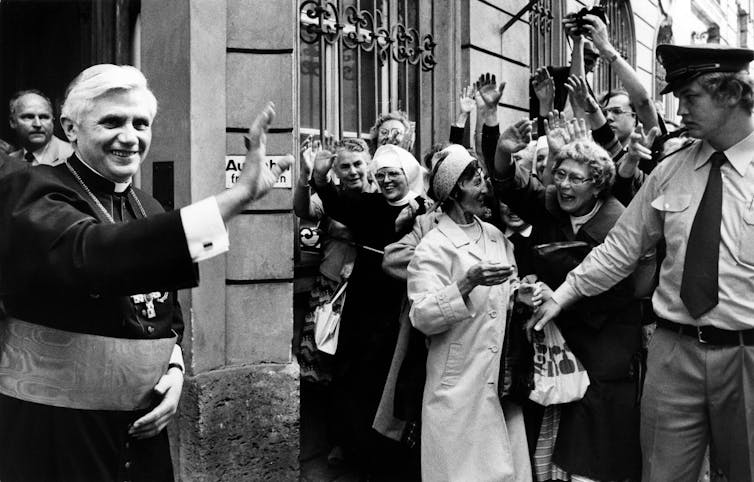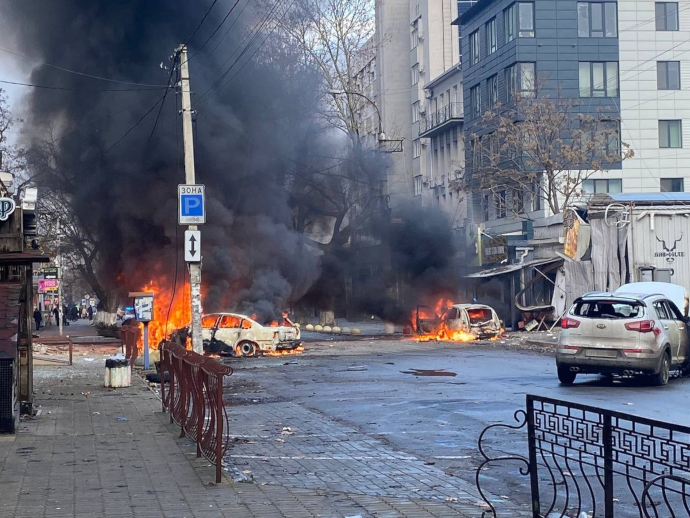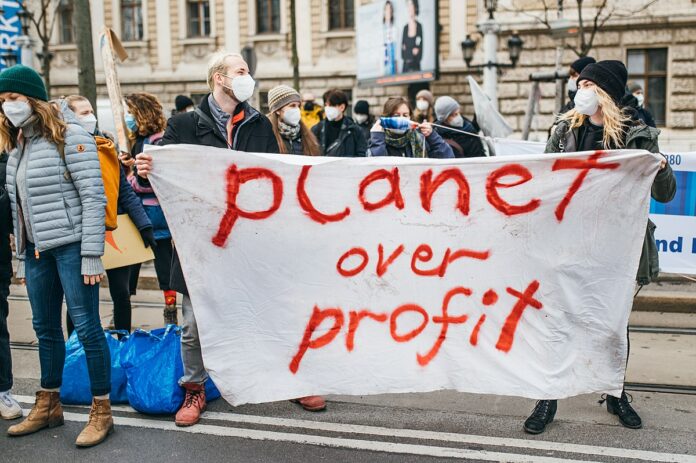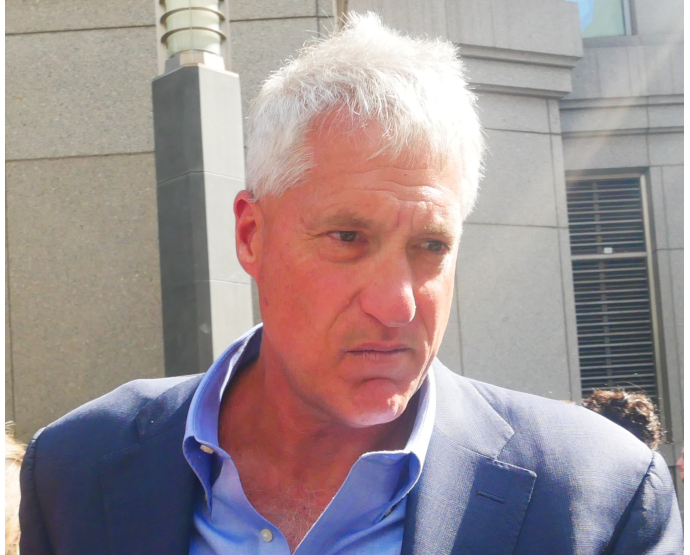Pope Benedict XVI with George W. Bush and members of the latter’s family at Andrews Air Force Base. White House photo.
A man at odds with the modern world who leaves
a legacy of intellectual brilliance and controversy
Benedict XVI leaves behind a complex legacy as a Pope and theologian.
To many observers, Benedict, who died on Dec. 31, 2022 at the age of 95, was known for criticizing what he saw as the modern world’s rejection of God and Christianity’s timeless truths. But as a scholar of the diversity of global Catholicism, I think it’s best to avoid simple characterizations of Benedict’s theology, which I believe will influence the Catholic Church for generations.
While the brilliance of this intellectual legacy will certainly endure, it will also have to contend with the shadows of the numerous controversies that marked Benedict’s time as pope and, later, as pope emeritus.
Priest and professor
Benedict was born Josef Alois Ratzinger on April 16, 1927, in Marktl am Inn, Germany. During World War II, he was required to join the Hitler Youth, a wing of the Nazi Party. He was later drafted into an anti-aircraft unit and then the infantry of Nazi Germany.
In 1945, he deserted the German military and was held as a prisoner of war by the Americans; he was released when World War II concluded. In 1946, he went to study for the priesthood and was ordained five years later. He completed his doctorate in theology in 1953.
While teaching at the University of Bonn, Ratzinger was chosen as a theological adviser to Cardinal Joseph Frings of Cologne, a strong critic of Nazism, for the Second Vatican Council held between 1962 and 1965. The Second Vatican Council attempted to renew the Catholic Church by engaging the modern world more constructively. At the council, Ratzinger argued that Catholic theology needed to develop a “new language” to speak to a changing world.
As pope, Benedict would later reject more progressive interpretations of the council as a revolutionary event that was intended to remake the Catholic Church. While the council did bring substantial changes to Catholic life, particularly by allowing mass in local languages, Benedict resisted any suggestion that the Second Vatican Council was calling for a fundamental break with centuries-old Catholic doctrine and tradition. And during his pontificate, he would permit wider celebration of the old Latin Mass – a decision that his successor Pope Francis would later reverse
In 1966, Ratzinger accepted an important teaching position at the University of Tubingen. During the late 1960s, Tubingen saw widespread student protests, some of which called for the Catholic Church to become more democratic. When protesting students disrupted the Tubingen faculty senate, Ratzinger reportedly walked out instead of speaking with students as other faculty did. Ratzinger was disturbed by what he felt were dictatorial and Marxist tendencies among the student protesters. Ratzinger then moved to the University of Regensberg.
In 1977, he was named bishop of Munich and Freising by Pope Paul VI. Soon after, he was named a cardinal, a member of the administrative body that elects the pope.
Cardinal and pope
As a skilled theologian, Ratzinger was chosen by Pope John Paul II to head the Congregation for the Doctrine of the Faith, which oversees and enforces Catholic doctrine. In this position, Cardinal Ratzinger disciplined a number of theologians. Most notable was the case of American priest and theologian Charles Curran, who was fired from The Catholic University of America because he challenged official Catholic teachings on sexuality.
Ratzinger was also chosen to head the committee drafting The Catechism of the Catholic Church. Published in 1992, The Catechism remains an important foundation for any understanding of Catholic thought and practice.
After John Paul II’s death in 2005, Ratzinger was elected pope. He chose the name “Benedict” in honor of Benedict of Nursia, the founder of Western monasticism, a religious movement that preserved Western culture after the fall of Rome. The name “Benedict” also acknowledged Benedict XV, a much-overlooked pope who tried to broker a peace agreement to end the First World War.
Controversies in the pontificate
After his election, Pope Benedict XVI had to confront a growing sexual abuse scandal in the Catholic Church. While a cardinal, he had publicly downplayed the extent and seriousness of the crisis. And it was under his leadership that The Congregation for the Doctrine of the Faith decided not to remove Lawrence C. Murphy from the priesthood, even though Murphy had been accused of molesting more than 200 boys at a Catholic school for the deaf in Wisconsin.
As pope, however, Benedict did take some strong steps that his predecessor, John Paul II, did not. Most significantly, Benedict punished Marcial Maciel Degollado, an incestuous bigamist, serial pedophile and the powerful founder of the Legionaries of Christ, an important Catholic religious order, by taking away his permission to preach or to say Mass publicly. He also criticized Irish bishops for their mishandling of the sexual abuse crisis.
For many survivors of clerical sexual abuse, these actions were not nearly enough. Benedict did not move to open Vatican records to public investigation, and he also failed to discipline cardinals and bishops who reassigned pedophile priests.
Beyond the sexual abuse crisis, Benedict’s pontificate had other controversies that drew worldwide attention. During a lecture in Regensberg in 2006, Benedict seemed to criticize the Islamic view of God and the legacy of the Prophet Muhammad. This lecture led to protests in the Middle East and South Asia. However, his official visits to Beirut and Istanbul repaired some of the damage.
Benedict also reached out to Catholic splinter groups. In 2009, he lifted the excommunication of bishops of the order of St. Pius X, a breakaway Catholic sect that rejects the reforms of the Second Vatican Council. After doing this, Benedict learned that one St. Pius X bishop, Richard Williamson, had made antisemitic comments and denied the holocaust.
Benedict said his lack of knowledge about Williamson’s views was an “unforeseen mishap” due to a lack of familiarity with the internet as a “source of information.”
Theological writings
As pope, Benedict continued his theological writing and produced three important encyclicals or papal letters.
The first encyclical, Deus Caritas Est, or “God is Love,” defends “charity” as love that is freely given. Charity is not simply a good deed but an act that changes both the giver and the recipient.
The second encyclical, Spe Salvi, or “Saved in Hope,” reflects upon the hope that God gives human beings in a world that often seems hopeless.
In the third encyclical, Caritas in Veritate, or “Charity in Truth,” Benedict argues that charity is fundamentally related to justice. And when it comes to questions of human progress and fulfillment, we cannot place our trust in the nation state or market economies because “without God, man neither knows which way to go, nor even understands who he is.”
These papal letters attempt to defend Christianity in a world that Benedict believed was growing increasingly hostile to religious faith. What was striking about Benedict’s thought – even to his theological critics – was how elegantly he presented his case for Christ and Christianity’s transforming power as sources of truth, beauty and love. But long before he became pope, Benedict admitted that Christianity would continue to lose cultural ground and dwindle to an ever smaller group of faithful believers. Writing in 1969, Ratzinger predicted the Church would have “to start afresh from the very beginning,” which meant that someday Christianity would have to build itself up again from its foundations.
The legacy of Benedict XVI
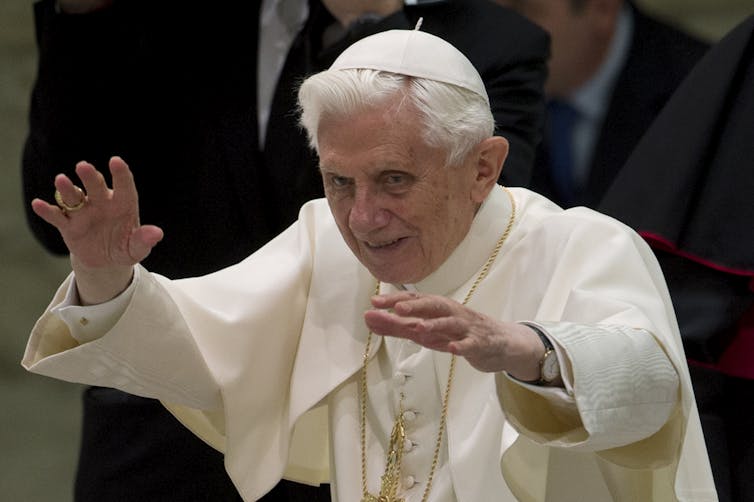 Pope Benedict XVI during a general audience held at the Vatican in 2013. AP Photo/Andrew Medichini.
Pope Benedict XVI during a general audience held at the Vatican in 2013. AP Photo/Andrew Medichini.
When Benedict resigned as pope in 2013, it took the world by surprise. In saying that he could no longer bear the burdens of the Papacy, Benedict promised to live in seclusion. His official title became “Pope Emeritus.”
But controversy also followed his resignation. For example, he gave interviews and put his name on writings that appeared to criticize the reforms of Pope Francis, who succeeded him.
Most recently, a January 2022 report on sexual abuse in the diocese of Munich criticized Ratzinger’s “inaction” regarding four cases of sexual abuse during his period as archbishop from 1977 to 1982. In reaction to the report, the pope emeritus apologized but did not admit to any administrative failures.
Benedict XVI’s writings will be relevant decades from now, but his pontificate will inevitably be associated with controversies. As for his own personal legacy, that will likely be defined by the one issue that concerned Benedict the most: how the Catholic Church can still make a difference in the modern world.
Contact us by email at fund4thepanamanews@gmail.com
To fend off hackers, organized trolls and other online vandalism, our website comments feature is switched off. Instead, come to our Facebook page to join in the discussion.
These links are interactive — click on the boxes
